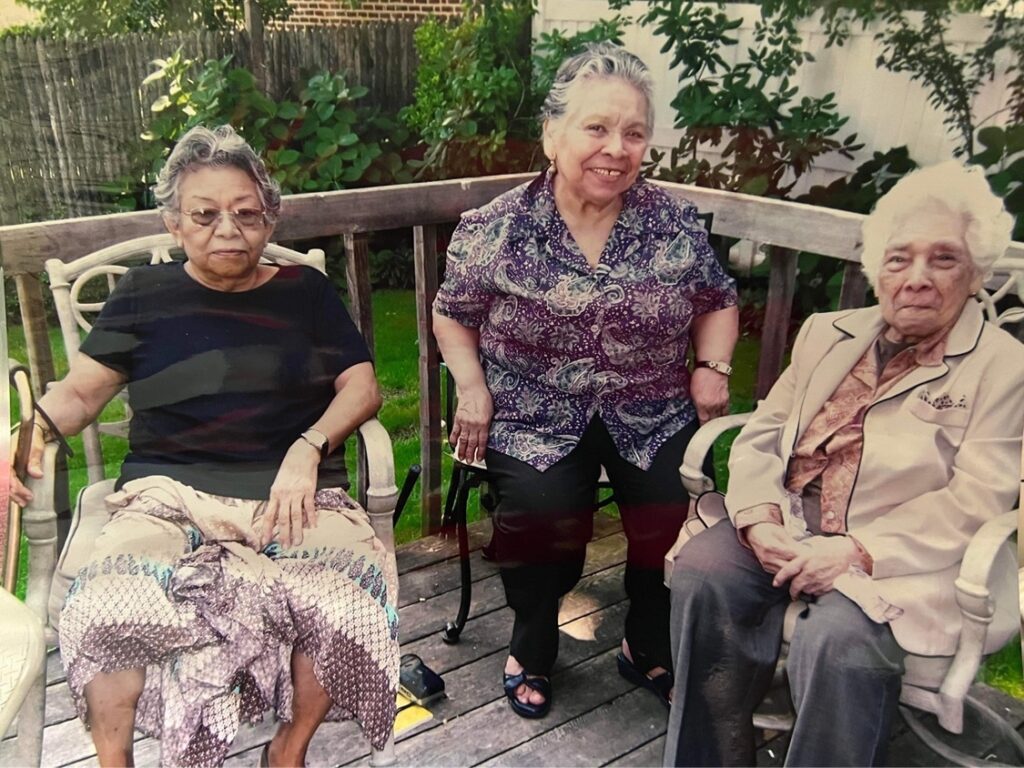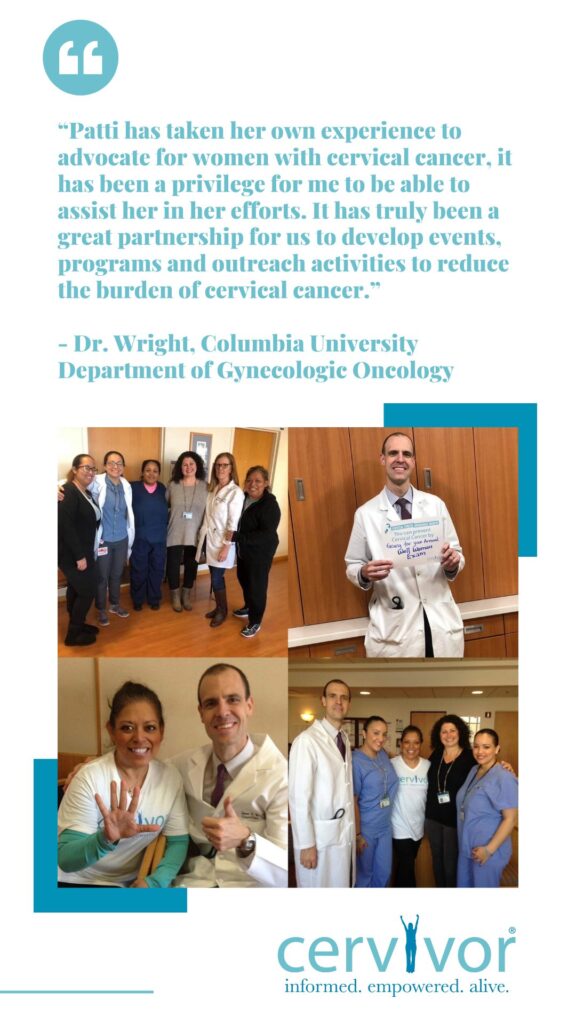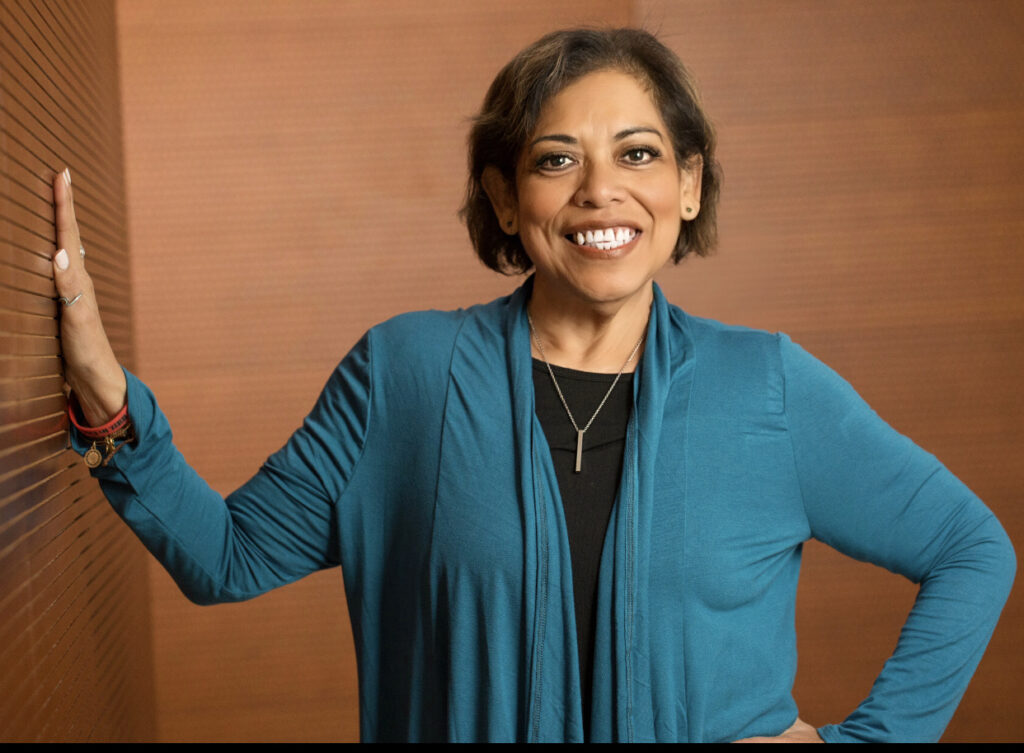Last week, the global cervical cancer community came together for a momentous occasion for the Biden Cancer Moonshot Cervical Cancer Forum with a crucial discussion being led nonother by our Founder and Chief Visionary, Tamika Felder.
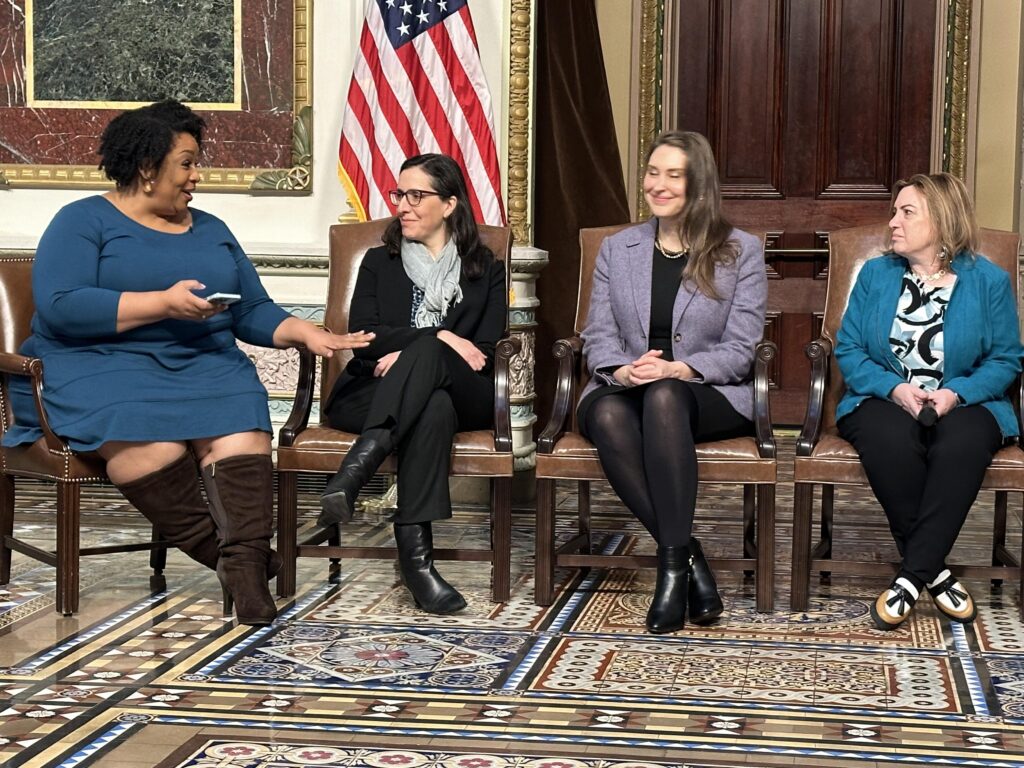
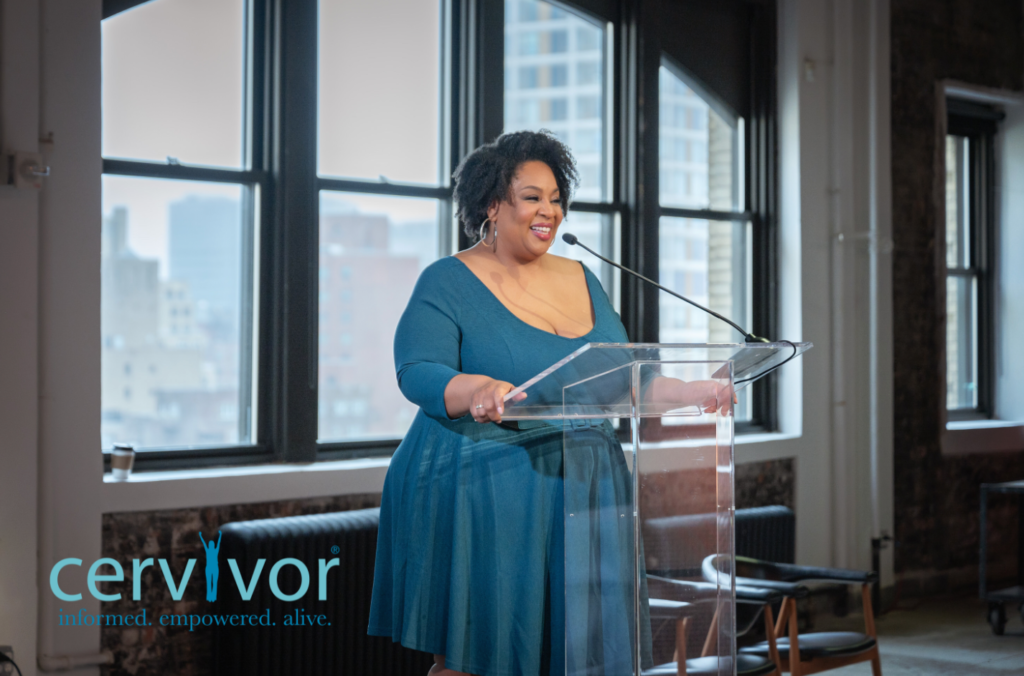
Then over the weekend, the Cervical Cancer Summit powered by Cervivor was held at NeueHouse in New York City. This event brought experts, researchers, healthcare professionals, family members, and patient advocate voices together under one roof to discuss the latest advancements, challenges, and strategies in the cervical cancer space. Check out the key takeaways from the summit, highlighting the crucial discussions and initiatives that can potentially shape the future of cervical cancer.
The State of Cervical Cancer: The summit kicked off with a sobering overview of the current domestic and global burden of cervical cancer. Dr. Catharine Young or the Biden Cancer Moonshot, emphasized the need for concerted efforts to address this preventable disease. The discussions underscored the importance of raising awareness and implementing widespread screening programs to detect and treat cervical cancer at an early, more manageable stage. Followed by the basics of cervical cancer and treatment by world-renowned Radiation Oncologist, Dr. Onyinye Balogun.
Collaboration and Communication: Local Gynecologic Oncologist, Dr. Jason Wright teamed up with long-time patient advocate and Cervivor Ambassador, Patti Murillo Casa to share how effective communication and partnership have benefited in raising awareness in New York.
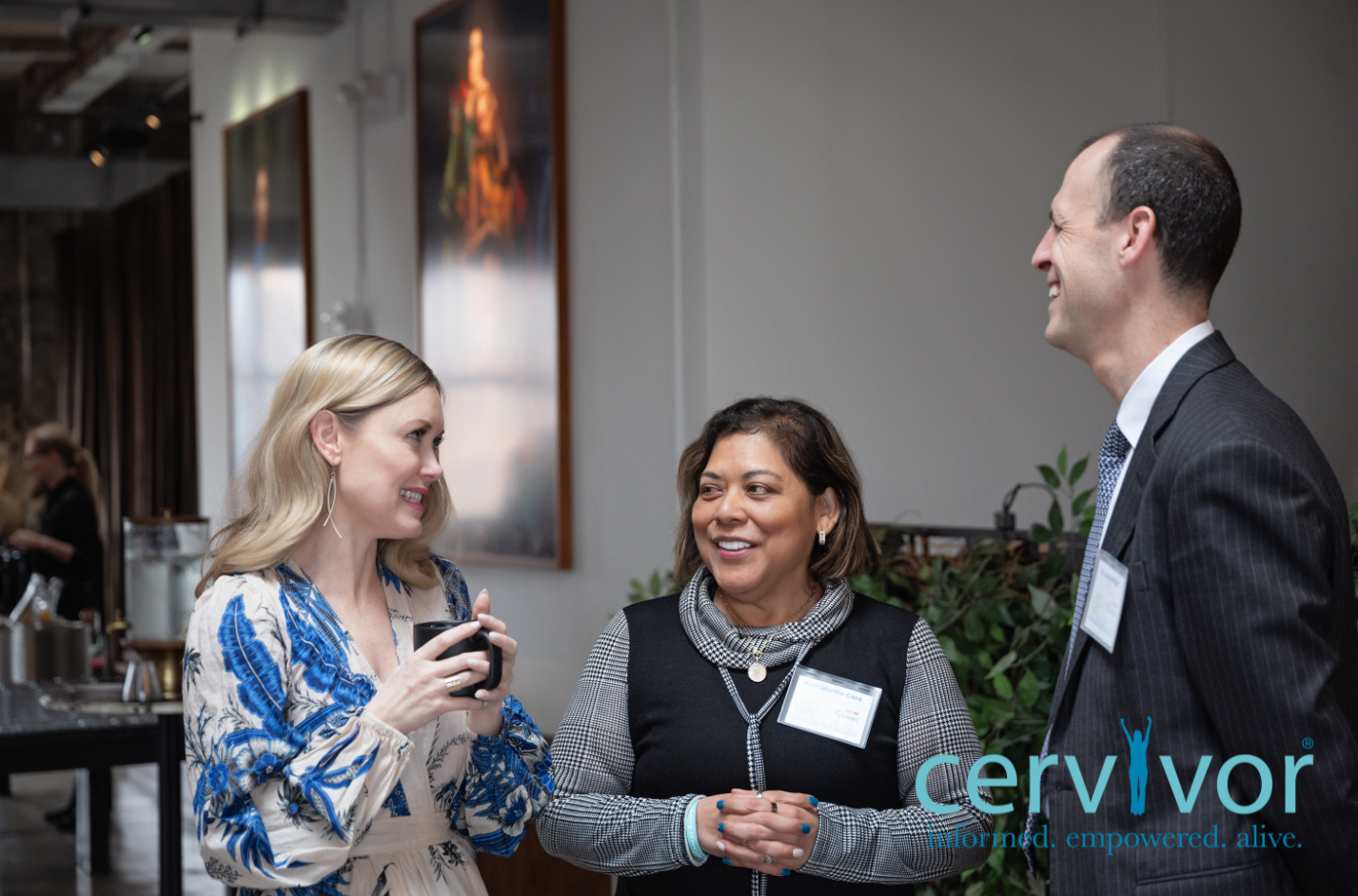
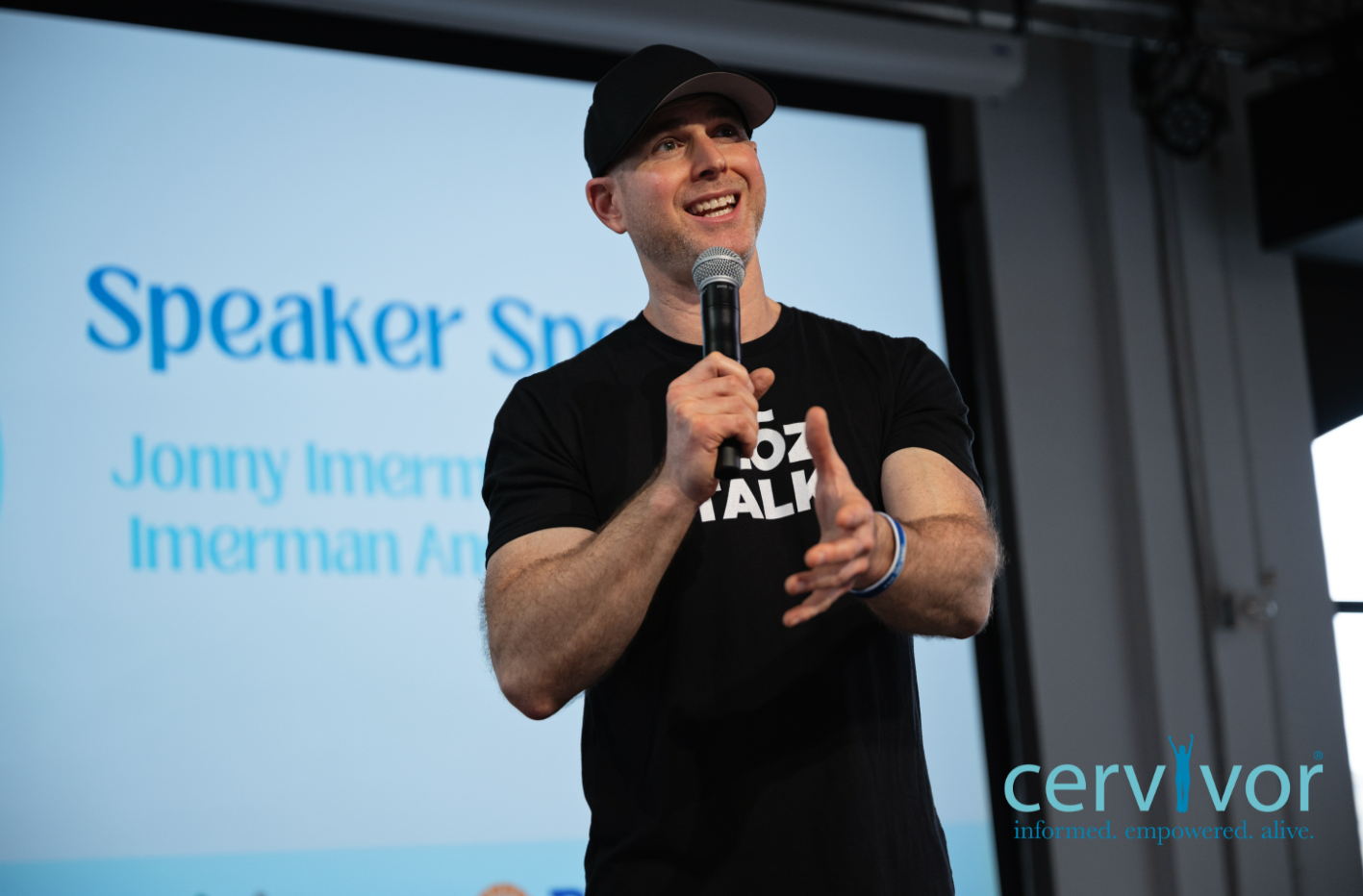
Dynamic Keynote Addresses: By Jonny Imerman, Co-Founder of Imerman Angels and Cloz Talk, and Ambassador Nancy G. Brinker, Founder of Susan G. Komen and the Promise Fund.
Addressing Disparities: One of the summit’s overarching goals was to address health disparities in cervical cancer prevention, treatment, and survivorship. Expert and patient-led panels discussed the challenges faced by marginalized communities, both in terms of access to healthcare and cultural barriers. The summit called for a comprehensive, inclusive approach to ensure that cervical cancer prevention strategies are equitable and accessible to all.
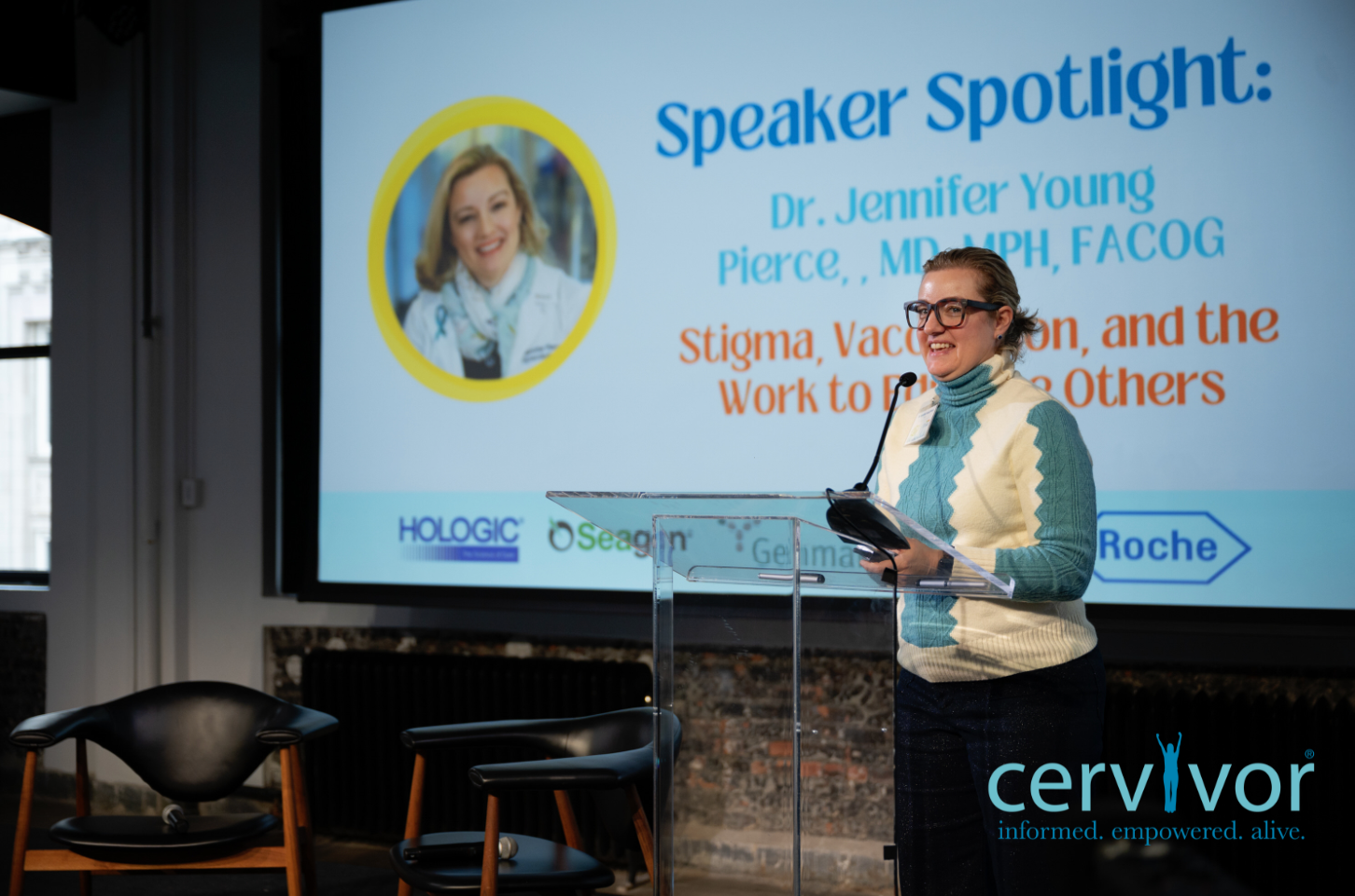
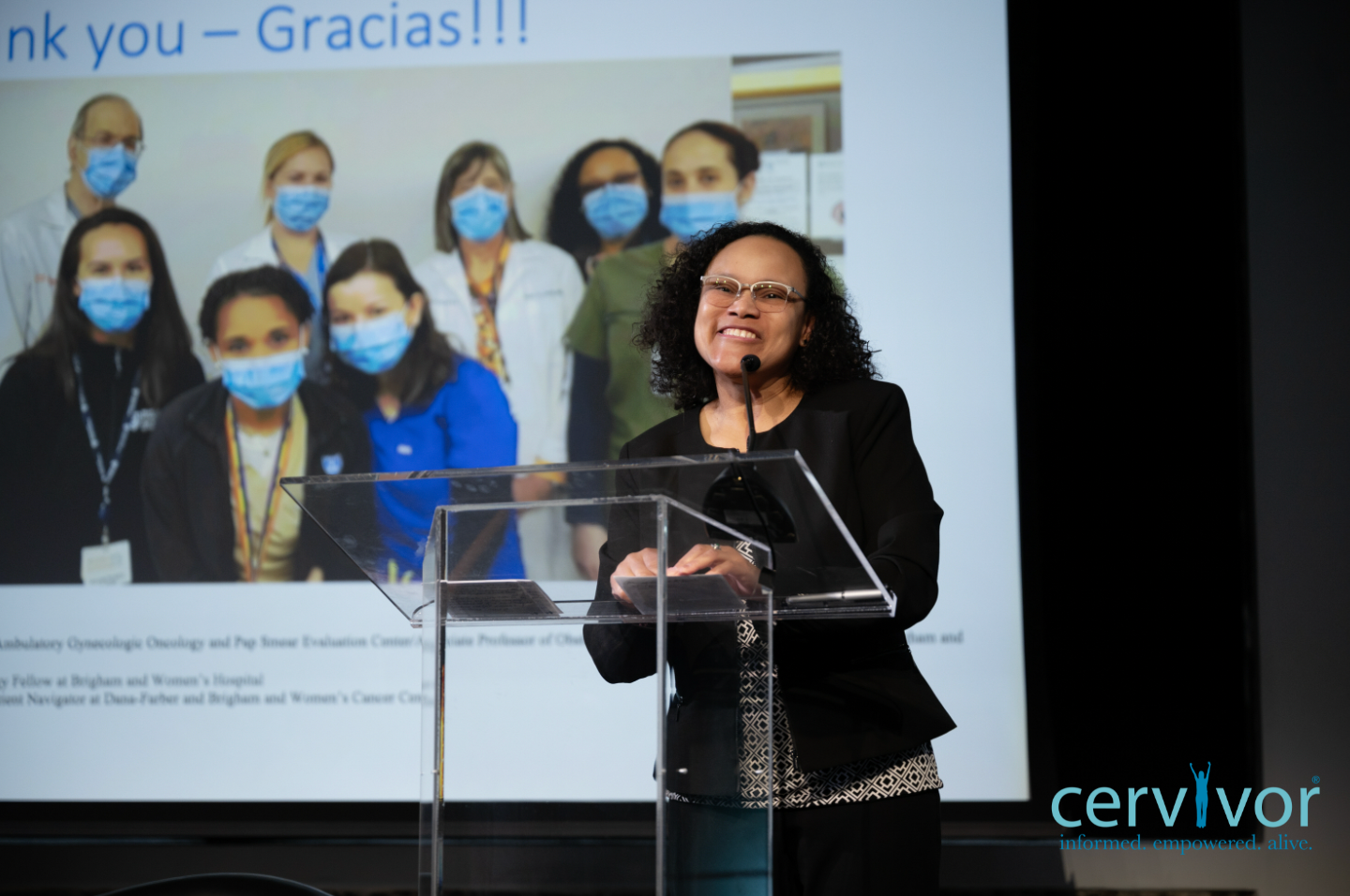
Vaccination and Stigma: Vaccination against human papillomavirus (HPV), a leading cause of cervical cancer, emerged as a central theme. Presenters shared updates on vaccination and strategies to improve HPV vaccine coverage globally. The summit emphasized the importance of education and outreach efforts to dispel myths and misinformation surrounding HPV vaccination, ensuring that more individuals receive the protection they need and eliminating the stigma surrounding it.
The Cervical Cancer Summit is a milestone in the ongoing mission to end cervical cancer. By fostering collaboration, sharing knowledge, and advocating for change, the summit has set the stage for a future where cervical cancer is not just treatable but preventable. As we reflect on the discussions and initiatives sparked by this event, it is evident that the path forward involves a collective commitment to prioritize women’s health globally.
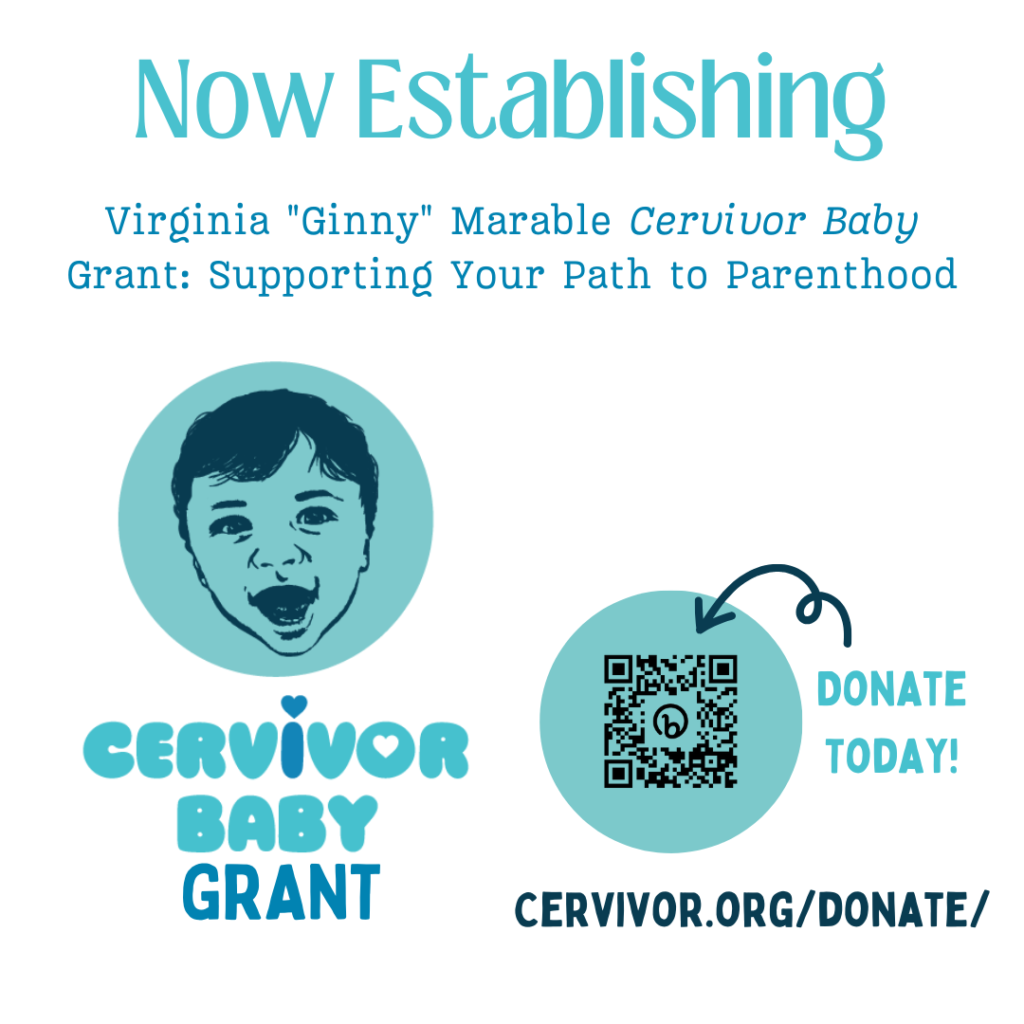
Founder and Chief Visionary, Tamika Felder announced on Saturday the establishment of The Virginia “Ginny” Marable “Cervivor Baby” Grant: Supporting Your Path to Parenthood.
Congratulations to the 2024 Cervivor Champion recipients: Jonny Imerman, Ambassador Nancy G. Brinker, Dr. Linda Eckert, Dr. Jennifer Young Pierce, Michelle Whitlock, Lorie Wallace, Karen North, and Gilma Pereda! Your dedication and contributions to Cervivor’s mission are truly commendable. Your efforts make a significant impact in raising awareness, supporting those impacted, and advancing research in the mission to end cervical cancer. Cervivor applauds your commitment to making a positive difference in the lives of individuals affected by this disease.
We appreciate the generous support from our dedicated sponsors: Hologic, Seagen, Genmab, BD, and Roche.
